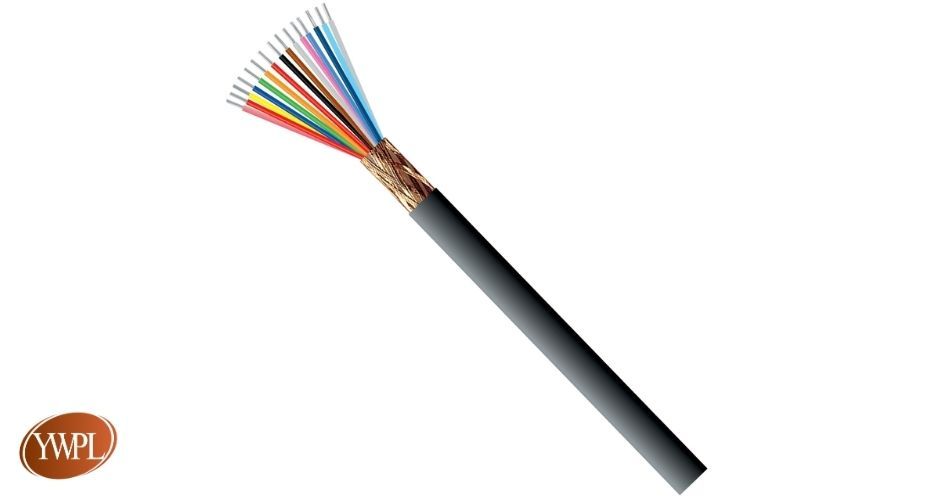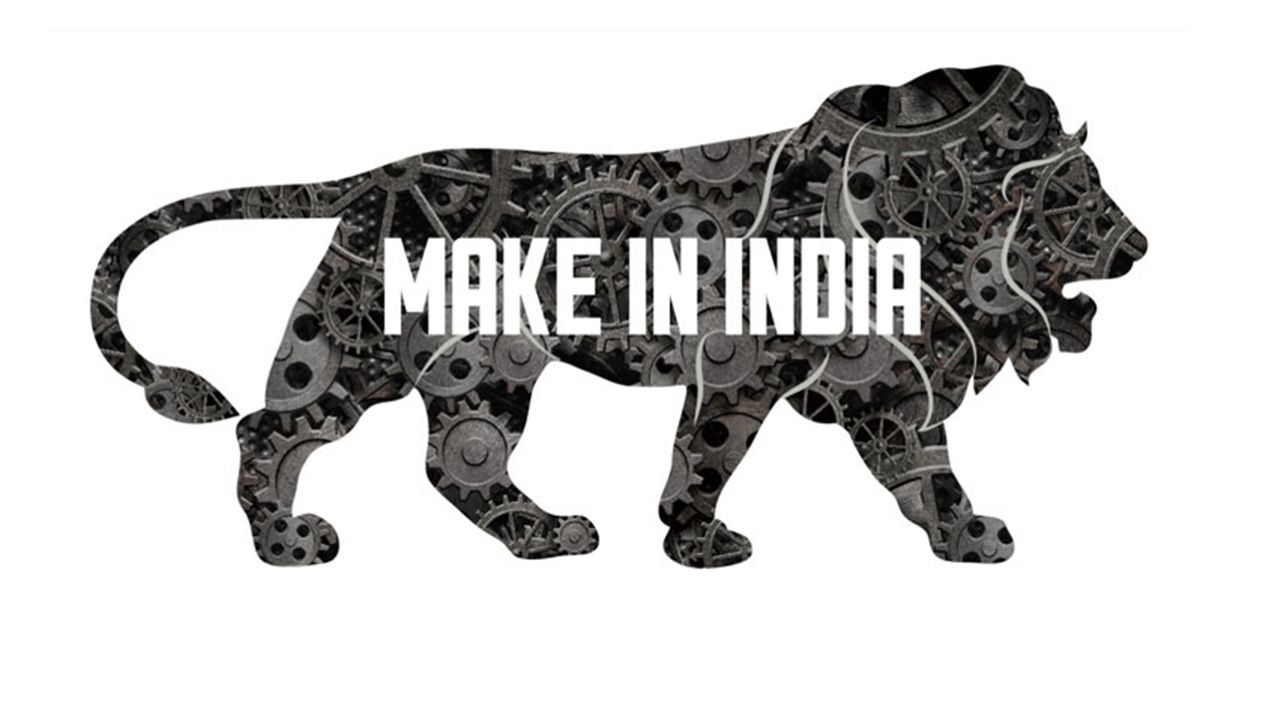Screen Cables
Yeshwant Wires is a leading Screen Cables manufacturer in India, offering superior-quality screened and shielded cables designed for signal, control, communication, and instrumentation applications. Our cables are engineered to eliminate external electrical noise, reduce electromagnetic interference (EMI), and ensure reliable data transmission in high-interference industrial environments.
Manufactured using bare or tinned copper conductors with high-performance insulation and shielding materials such as aluminium mylar tape, copper braid, or foil screen, these cables deliver exceptional signal integrity, EMI/RFI protection, flexibility, and long service life. They comply with IS, BS, and IEC standards for superior performance and reliability.

Description
Screen Cables (or shielded cables) are specialized electrical cables that contain a conductive layer or screen—usually made from aluminium foil or copper braid—wrapped around the insulated conductors. This screen acts as a protective barrier against electrical noise and radio frequency interference (RFI), ensuring accurate signal communication and system integrity.
These cables are extensively used in process control systems, audio-video transmission, automation setups, instrumentation networks, and communication systems where precise signal transmission and protection from electromagnetic interference are critical for operational safety and performance.
Key Features & Advantages
- Excellent EMI & RFI Protection: Provides superior shielding against electrical interference.
- Stable Signal Transmission: Ensures clear and uninterrupted data flow in sensitive applications.
- High Flexibility: Easy to install and suitable for both fixed and flexible wiring systems.
- Durable Construction: Resistant to oil, chemicals, UV, and mechanical wear.
- Custom Shielding Options: Aluminium Mylar, Copper Braid, or Foil Screen available.
- Flame Retardant Insulation: Made from high-grade PVC, XLPE, or LSZH materials.
- Complies with Global Standards: IS 1554, BS 5308, IEC 189, and EN 50288.
Technical Specifications
| Property | Specification | Significance |
|---|---|---|
| Conductor Material | Annealed Bare / Tinned Copper (Solid or Stranded, Class 2 or 5) | Ensures excellent electrical performance. Tinned Copper is preferred in industrial environments for superior resistance to oxidation and corrosion. |
| Insulation | PVC / PE / XLPE / FRLS / LSZH | Provides dielectric strength and thermal tolerance. Selection depends on temperature rating (e.g., XLPE for higher heat) and fire safety requirements (LSZH for low smoke/zero halogen). |
| Screening Type | Aluminium Mylar Foil (100% coverage) / Copper Braid (e.g., 80% coverage) / Combination (Double Screened) | **The most critical feature.** Foil is excellent against high-frequency noise (RFI); Braid is better for low-frequency noise (EMI) and mechanical strength. |
| Screening Configuration | Individual Pair Screened (IS) / Overall Screened (OS) / IS + OS | **IS** protects adjacent pairs from **crosstalk**. **OS** protects the entire cable from external noise. Dual screening (IS+OS) offers maximum signal integrity. |
| Drain Wire | Tinned Copper Strand (in constant contact with the screen) | Provides a **low-resistance path to ground** for the intercepted interference current, ensuring the shield functions effectively. |
| Armouring | GI Wire / Steel Tape Armoured (optional) | Used when the cable is exposed to high mechanical stress, such as **direct burial** or routing in heavy industrial machinery. |
| Sheath | PVC / FRLS / LSZH (Often UV & Oil Resistant) | Protects against environmental factors. Oil resistance is common for use on factory floors, and LSZH for safe indoor installation. |
| Voltage Grade | 300/500V or 600/1000V (Up to 1100V) | Indicates the maximum safe working voltage, typically ranging from low control voltages to general power distribution grades. |
| Standards | BS 5308 / IEC 60332 / EN 50288 / UL (Various) | Compliance ensures the cable meets international requirements for construction and **Electromagnetic Compatibility (EMC)** performance. |
Applications
Screen Cables are used in automation panels, broadcasting systems, DCS networks, process control rooms, and telecommunication systems for signal transmission in instrumentation, control, data, audio, and communication applications. They are suitable for connecting PLCs, control panels, transmitters, sensors, and communication equipment where EMI protection is essential.
Manufacturing & Quality Assurance
At Yeshwant Wires, every screen cable is produced using advanced extrusion, stranding, and shielding technologies for precision and reliability. Cables undergo stringent testing for shield integrity, insulation resistance, voltage withstand, and flame retardancy under ISO certified quality systems.
Why Choose Yeshwant Wires for Screen Cables?
Industry Leadership
Premier Screen Cable manufacturer in India with 8+ years of expertise.
Custom Solutions
Tailored cable designs for specific protocols, environments, and performance requirements.
Premium Materials
99.99% pure copper conductors and high-grade insulation for maximum performance.
Global Standards
Full compliance with IS and ISO/IEC international standards.
Competitive Pricing
Factory-direct pricing with no compromise on quality or performance.
Pan-India Delivery
Fast, reliable delivery across all major cities and industrial hubs in India.
Industries We Serve
Industry Leadership
Premier Screen Cable manufacturer in India with 8+ years of expertise.
Custom Solutions
Tailored cable designs for specific protocols, environments, and performance requirements.
Premium Materials
99.99% pure copper conductors and high-grade insulation for maximum performance.
Global Standards
Full compliance with IS and ISO/IEC international standards.
Competitive Pricing
Factory-direct pricing with no compromise on quality or performance.
Pan-India Delivery
Fast, reliable delivery across all major cities and industrial hubs in India.
We supply Screen Cables to diverse industries such as automation, power generation, oil & gas, communication, electronics, and manufacturing. Our solutions are tailored for high performance, safety, and reliability in mission-critical applications.

